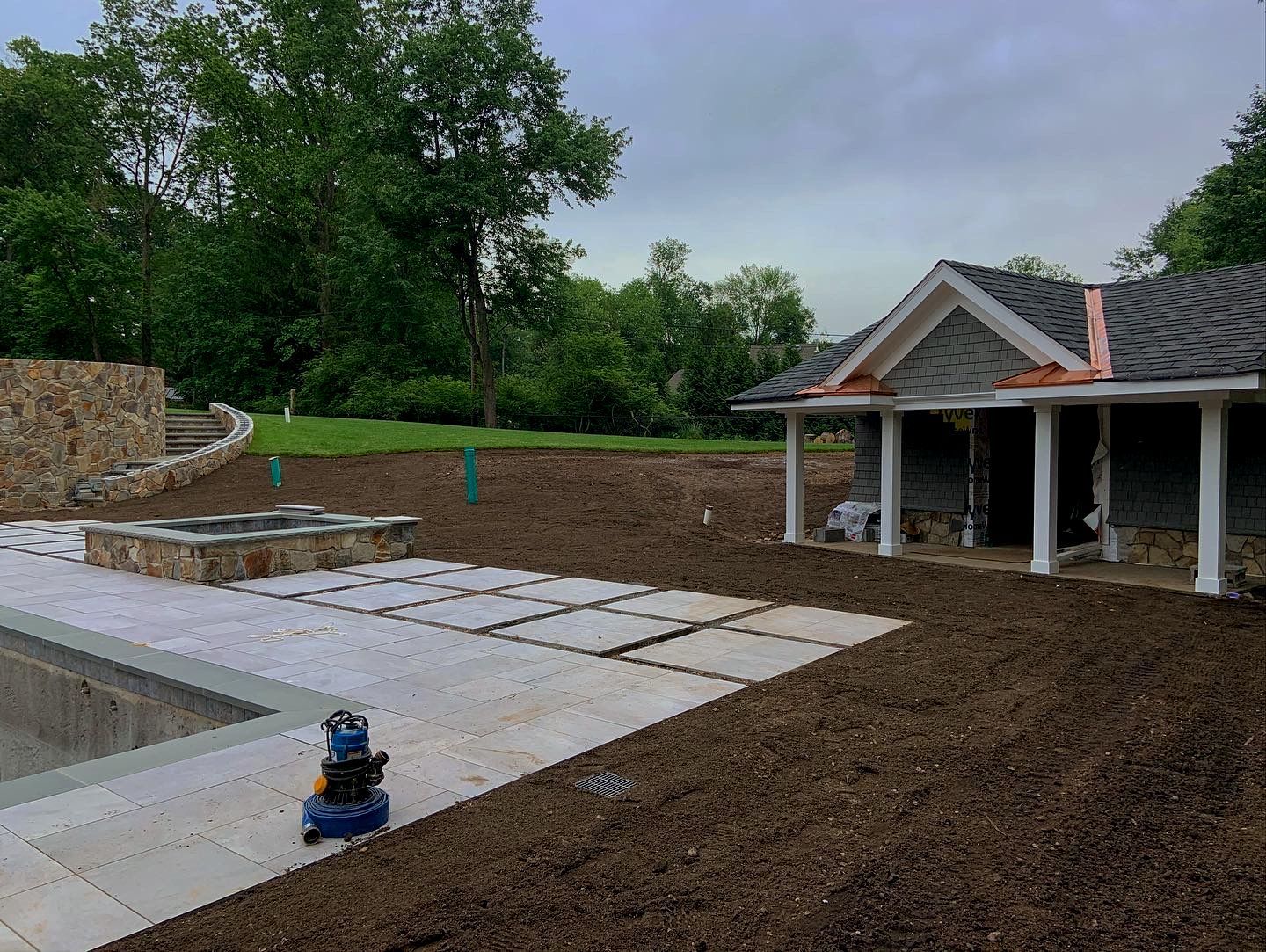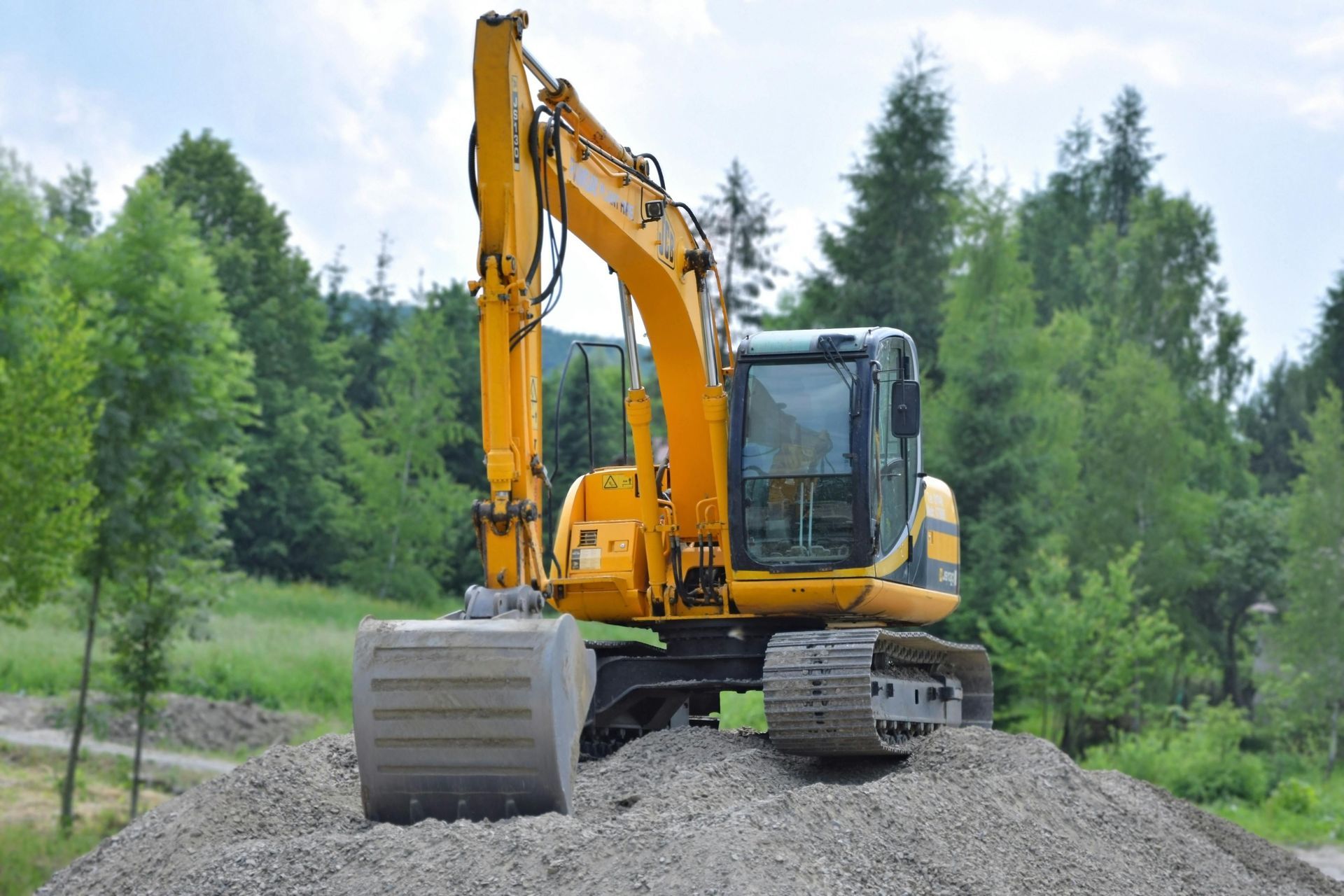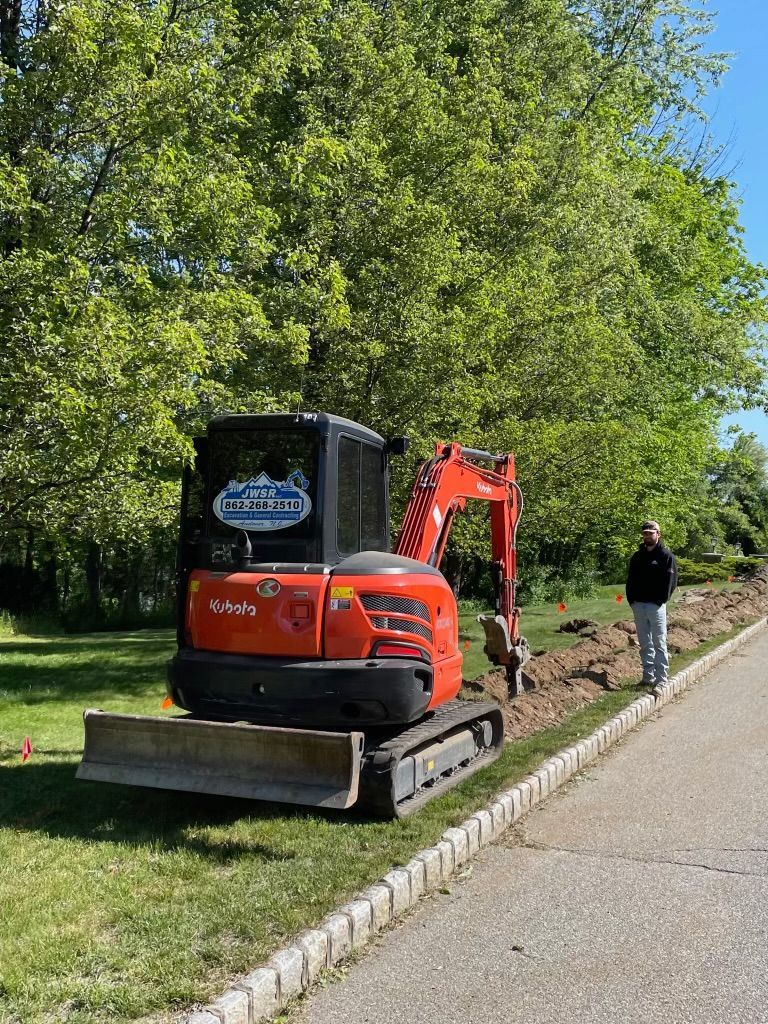What To Expect When Receiving An Estimate For A Project
What to Expect When Getting an Estimate for a Landscaping or Excavation Project
When planning a landscaping or excavation project, the first step is often getting an estimate. Whether you're looking to transform your backyard into a beautiful outdoor oasis or need excavation work to prepare a site for construction, understanding the estimate process will help you feel more confident and prepared. A well-prepared estimate not only gives you a clear idea of the cost but also sets the tone for the project's timeline, scope, and final outcome.
In this post, we’ll walk you through what to expect during the estimating process, including what factors affect the cost, how to compare estimates, and red flags to watch for when choosing a contractor.
1. Initial Contact and Consultation
The estimating process typically starts with an initial contact, where you reach out to the landscaping or excavation company. Here’s what to expect:
- Scheduling a Site Visit: Most reputable contractors will want to visit the site before providing an estimate. This allows them to assess the scope of work, identify potential challenges, and provide a more accurate price.
- Understanding Your Needs: The contractor will ask questions about your goals and preferences. For landscaping, this might include plant choices, design preferences, and functional features like patios or walkways. For excavation, they’ll want to know the purpose of the work (e.g., foundation prep, drainage, grading) and any site-specific concerns like soil composition or existing structures.
- Measuring and Evaluating: During the site visit, the contractor will take measurements and evaluate things like slope, drainage issues, soil quality, access to the site, and any obstacles (like tree roots or underground utilities).
- Discussion of Budget: While the contractor may not provide a detailed estimate on the spot, they’ll likely give you a rough idea based on your budget and goals. This is also a good time to clarify any specific requests or limitations.
2. Preparing the Estimate
After the site visit, the contractor will take the information gathered and create a formal estimate. This can take anywhere from a couple of days to a week, depending on the complexity of the project.
What Should Be Included in the Estimate:
A professional estimate should be clear and detailed. Here’s what you can expect to see:
✅
Scope of Work: A clear description of the work to be completed. This should include the materials being used, the size of the area being worked on, and any specific design elements.
✅
Materials and Labor: A breakdown of the costs for materials and labor. For landscaping, this might include plants, mulch, hardscaping materials (like stone or concrete), and soil amendments. For excavation, it could include equipment rental, fuel, and labor.
✅
Timeline: An estimated start and completion date. Some factors, like weather or permit approvals, may affect the timeline.
✅
Permits and Fees: If permits are required, the estimate should note whether the contractor will handle them and whether the cost is included in the estimate.
✅
Contingencies: A note on how the contractor will handle unforeseen issues, like hitting a rock or discovering drainage problems after excavation begins.
✅
Payment Terms: Details about deposit requirements, payment schedules, and how the final balance will be handled.
✅
Warranty or Guarantee: If the contractor offers a warranty on their work, it should be outlined in the estimate.
3. Factors That Affect the Estimate
Several factors will influence the final cost of your project:
Project Size and Complexity
- Larger areas or complex designs naturally require more time, materials, and labor.
- Grading or land clearing increases excavation costs.
- Custom landscaping elements like water features or retaining walls add complexity.
Materials Used
- High-end materials like natural stone or specialty plants will drive up costs.
- Excavation projects requiring rock removal or soil replacement can add to expenses.
Site Accessibility
- If the site is hard to access (e.g., steep slopes, narrow driveways), it may require special equipment or extra labor, increasing costs.
4. Permits and Local Regulations
- Some municipalities require permits for excavation or significant landscaping changes, which can add time and cost.
5. Quality vs. Quantity
Not all contractors are the same when it comes to pricing strategy. Some companies focus on volume and speed, while others focus on quality and attention to detail. If a contractor's estimate seems higher than others, they may be factoring in more experienced labor, higher-quality materials, and greater attention to detail — which can lead to longer-lasting and more visually appealing results.
4. Comparing Estimates
Once you’ve received estimates from multiple contractors, it’s time to compare them. Here’s how to evaluate them:
✅
Consistency in Scope: Make sure all estimates include the same level of detail and scope of work. If one contractor is quoting a much lower price, they may be cutting corners or leaving out key details.
✅
Reputation and Experience: Don’t choose solely based on price. Look for reviews, references, and examples of past work.
✅
Value Over Price: A slightly higher estimate that includes better materials, more experienced labor, and a warranty could save you money in the long run.
✅
Communication: How responsive and professional is the contractor during the estimating process? This is a good indicator of how they’ll handle the actual project.
5. Red Flags to Watch For
🚩
Vague Descriptions: If the estimate lacks detail or specifics about materials and labor, this could lead to misunderstandings or unexpected costs.
🚩
No Site Visit: Any contractor who provides a quote without seeing the site is taking a risky shortcut.
🚩
High-Pressure Tactics: If a contractor pressures you to sign immediately or offers a “limited-time deal,” it’s a red flag.
🚩
Very Low Prices: While everyone wants a good deal, a price that’s significantly lower than others could mean the contractor is cutting corners or underbidding to win the job — which can lead to poor results.
6. Finalizing the Estimate and Contract
Once you’ve chosen a contractor, the next step is to review and sign the contract. Make sure all terms from the estimate are reflected in the contract, including the total cost, payment schedule, project timeline, and scope of work. If anything is unclear, ask for clarification before signing.
Deposit and Payment Schedule
- Most reputable contractors require a deposit upfront — typically between 10% and 50% of the total project cost.
- Payment terms should be clearly outlined in the contract, with final payment typically due upon completion of the work.
7. Conclusion
Getting an estimate for a landscaping or excavation project can feel overwhelming, but understanding the process helps you make informed decisions and avoid surprises. A detailed, professional estimate should give you a clear picture of the costs, timeline, and scope of work — and give you confidence that you’ve chosen the right contractor.
Investing time in the estimate process ensures that your project runs smoothly and delivers the results you’re hoping for. A little preparation now can save you time, money, and headaches down the road — and result in a beautiful, functional outdoor space that you can enjoy for years to come.
If you’re ready to start planning your landscaping or excavation project, reach out to us today for a professional, detailed estimate — and let’s bring your vision to life! JWSR LLC 862-268-2510
Ready to work with JWSR?
Let's connect! We’re here to help.
Send us a message and we’ll be in touch.
Or give us a call today at 862-268-2510
Agency Contact Form
We will get back to you as soon as possible
Please try again later
More Marketing Tips, Tricks & Tools

Have Any Questions?
DON’T HESITATE TO CONTACT US ANY TIME.
© 2024 JWSR LLC. All Rights Reserved.
Powered by JRM Marketing.








